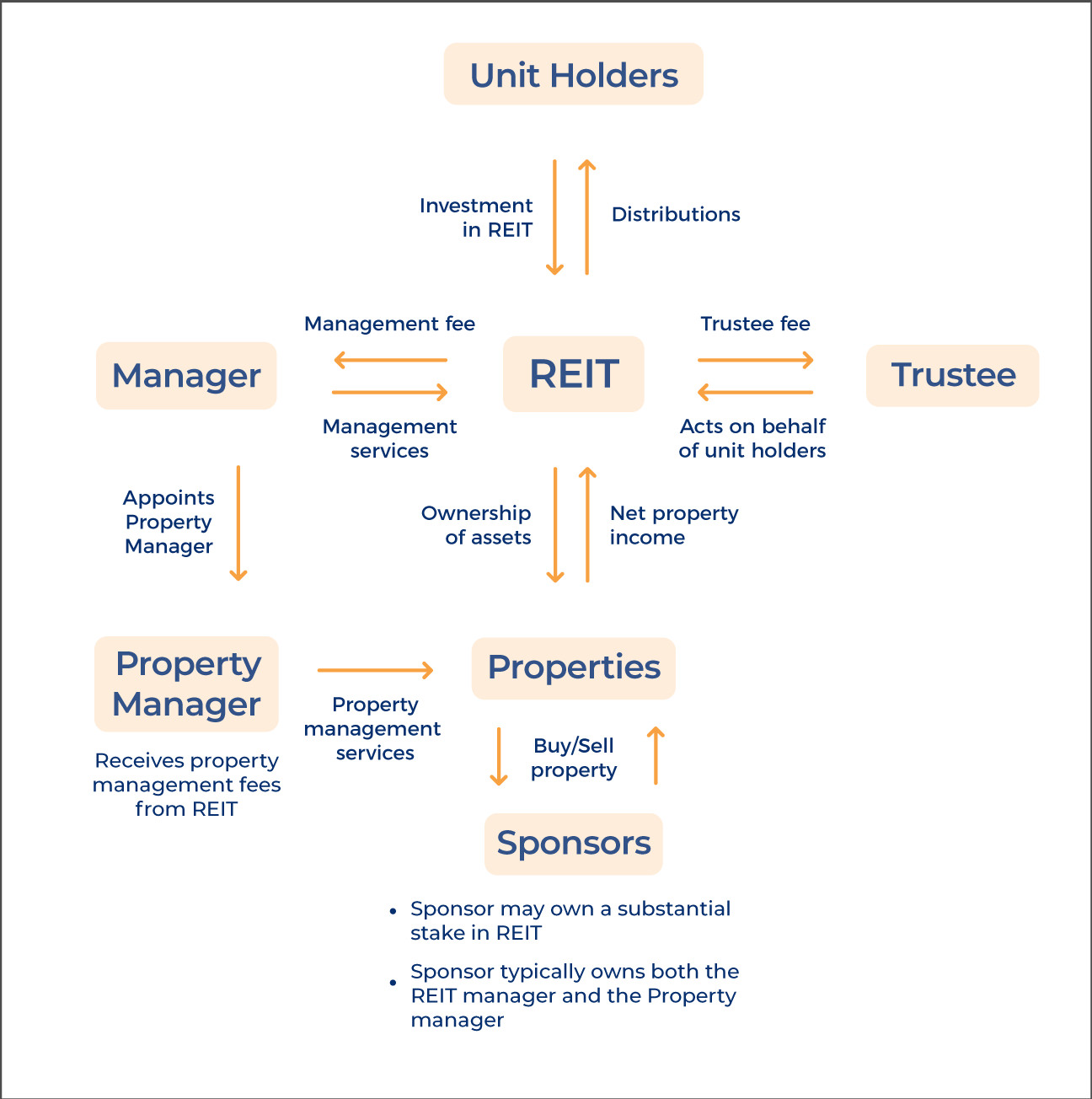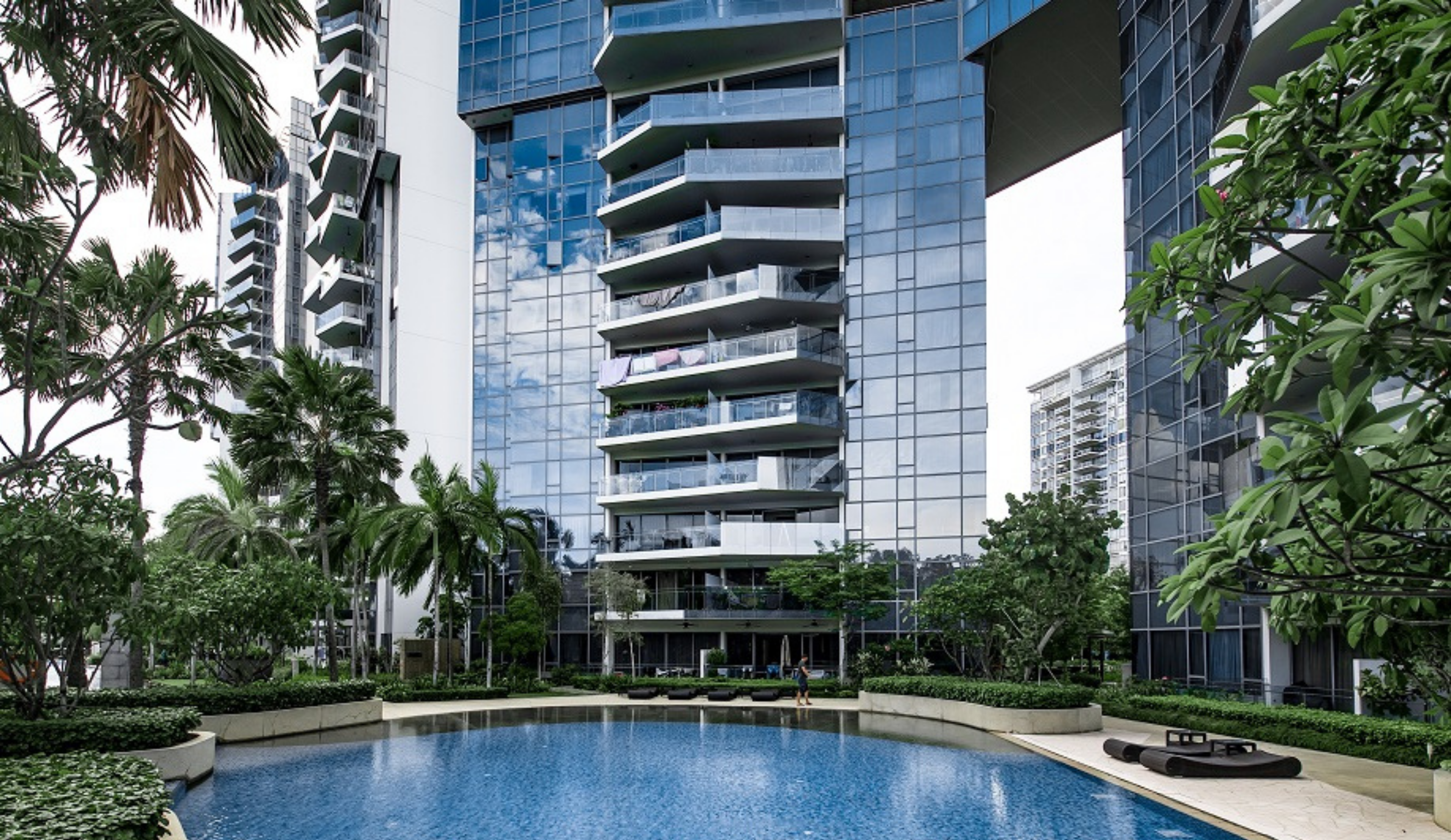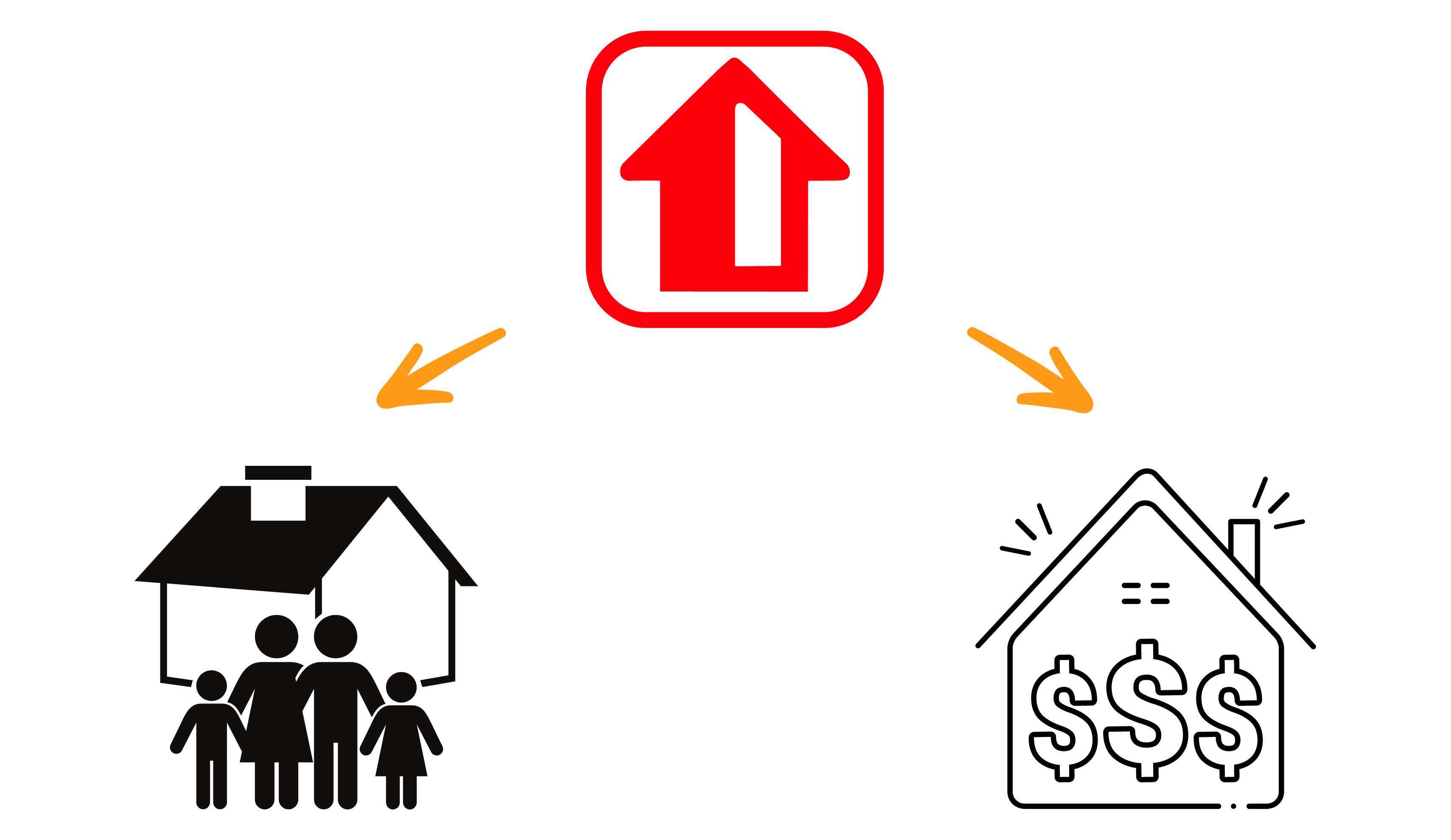REITs vs. Physical Properties in Singapore: Which Is the Smarter Investment?
This article explains the six different characteristics between investing in Real Estate Investment Trusts (REITs) and Physical Property
Real Estate Investment Trusts (REITs) offer another option to investing in real estate. Owning real estate has historically been considered a sure-fire way to make money, for people interested in property investments.
This is because property bought in Singapore in the past few decades has massively appreciated in value over the years, resulting in huge capital gains for owners. When is the Singapore property investment market slated to return to pre-COVID-19 levels? Many investors think it may be sooner rather than later, so now might be a good time to get into the market.
With private prices at an all-time high, many others wonder whether they can afford to invest in property at the moment. This is why REITs may be a more sensible way to go than investing in an individual property. So, how similar are these two types of investments?
Table of Contents
How Do You Make Money Buying Investment Property?
How Do You Make Money Investing in a REIT?
Six Distinctions Between REITs & Individual Investment Properties
Conclusion: You Too Can Invest in Property – Whether a REIT or an Individual Property
How Do You Make Money Buying Investment Property?
To make money investing in property, you must first find a piece of property with good potential and then buy it. Every property is not necessarily going to make a smart investment, which is why you must pay careful attention to certain things, like the price and the property’s location.
You need to be careful here because what seems like a “good location” today may not be in years to come. People’s needs tend to evolve, which means how buyers shop for homes may change.
The process of actually buying property can take a few weeks if it’s resale property. Or if you’re buying property still under construction, the process could take a number of years.
The question remains, how is this investment property going to make you money? Most property investors immediately look for a tenant who can rent the place for a good yield. This way they can keep renting the property out until it has sufficiently appreciated in value, so they can sell it at a nice profit.
How Do You Make Money Investing in a REIT?
Investing in a REIT may be a more affordable option for someone who wants to benefit from the property market but doesn’t actually want to buy a piece of property.
Real Estate Investment Trusts (REITs) are corporations that act like mutual funds. REITs invest in income-producing real estate such as shopping centres, commercial office buildings, and hotels, and distribute it at regular interval to the shareholders. REITs are professionally managed by REIT managers and property managers who charge a fee in exchange for their services. When you invest in a REIT, you are able to enjoy the income it generates as well as the capital gains made by the REIT’s portfolio. Moreover, REITs in Singapore pay at least 90% of the dividends to investors as required by law, so you would receive a passive income from your holdings.

Source: moneysense.gov.sg
Beside using investors’ money, REITs also borrow from banks to leverage on low-interest mortgage rate. There are a variety of REITs listed on the Singapore Stock Exchange, and you can buy them in the same way as you would buy a stock. REITs shareholders do not have to manage the property on their own, deal with tenancy matters such as negotiating rental with tenant, manage monthly rental income, or chase your tenant for rental payment.
Some of the biggest REITs in Singapore include CapitaLand Integrated Commercial Trust (CICT), Ascendas REIT, and Mapletree Commercial Trust.
Six Distinctions Between REITs & Individual Investment Properties
I have summarized the difference characteristics between investing in REITs and Direct Physical Property
REITs |
Physical Property |
|
Small Capital Outlay Limited Leverage for Investors Less to no effort Very High Liquidity High Diversification Dividend Received non-Taxable |
Huge Capital Outlay Huge Leverage up to 75% Self-managed. Some efforts required Low Liquidity No/Low Diversification Income received Taxable |
Whether you invest in REITs or individual properties, both allow you to participate in the property market. However, there are six important distinctions between the two that you should be aware of:
1. Initial Capital Outlay
The most significant barrier to those wanting to invest in property is the cost. Private property in Singapore is very expensive. Then, when you add up all the other costs that buyers must pay aside from the price, it can become even more prohibitive.
Property buyers are usually required to make a down payment of 25% of the selling price, which can easily amount to five or six figures. In addition, investors who already own a residential property in Singapore are required to pay Additional Buyer’s Stamp Duty (ABSD). How much ASBD is owed will depend on their citizenship status and how many properties they already own.
The current ABSD rates (with effect from 16 December 2021) from are stated in the following table:
| Profile of Buyer | ABSD Rates |
| Singapore Citizens (SC) buying first residential property | 0% |
| SC buying second residential property | 17% |
| SC buying third and subsequent residential property | 25% |
| Singapore Permanent Residents (SPR) buying first residential property | 5% |
| SPR buying second residential property | 25% |
| SPR buying third and subsequent residential property | 30% |
| Foreigners (FR) buying any residential property | 30% |
| Entities buying any residential property (plus additional 5% for housing developers, non-remittable) | 35% |
There are even more costs to pay when you buy property, which can add up quickly. These include legal fees to your conveyancing lawyer, interest on your home loan, plus you’ll likely have renovation costs. Read more on Cost of Purchasing and Owning a Real Property in Singapore
In contrast, REITs are very easy to invest in when you consider the capital outlay. In fact, you can buy as little as 100 shares on SGX (this is the smallest lot size). Many budget-conscious investors would likely find this quite affordable.
However, REIT investors must also be prepared to pay brokerage and trading fees, as well as commissions, which will affect their gains. Also, the brokerage might have a minimum trading fee that could range anywhere from several dollars to several thousand. They may also have a minimum account size, so you’ll have to sort all this out before deciding on your investment.
Today, someone wanting to invest in REITs does not have to buy shares through a brokerage house. You can use a digital robo-advisor or sign up to participate in an investment plan. The bottom line is that people who can only afford $100 a month can still invest in REITs.
2. Financial Leverage
The attractiveness of investing directly in physical property is the ability to leverage on the low-interest mortgage that multiplies your returns in capital gain and rental yields. Most property investors can take out a loan or mortgage to finance a home that they otherwise couldn’t afford if they had to pay for it in full, with cash. This allows them the leverage to invest in a far more valuable asset.
In contrast, most non-professional investors do not use this type of leverage when they invest in REITs. Although it may be permissible to trade REITs on leverage, this is highly risky.
3. Degree of Effort
It takes time and effort to get an investment property to the point at which it can generate an income. Before anyone can move in, it will probably need renovations. Most prospective tenants will expect it to come with basic appliances, which you’ll need to purchase and install. Furniture will also have to be bought if you plan to rent it furnished.
Your next task is to find a good reliable tenant. You can engage a real estate agent to manage it on your behalf at a fee, however you may still physically shop for the right property, engage contractor to touch up and prepare it for leasing out, read and sign paperwork for the sale and purchase, and leasing, ensure maintenance fee and property tax are paid on time, and income tax generated from the rental filed properly.
While your tenant is leasing the home, you as the landlord will have to handle maintenance and repairs. When your tenant moves out at the end of their lease, you will have to fully inspect the property and furnishings for any damage. If anything is damaged, those issues will have to be resolved before you can look for another tenant.
On the other hand, when you invest in a REIT you earn a passive income without the needs to bother about all those stuffs as they are well taken care of by the REITs and leasing managers. The dividends are automatically deposited into your designated account or reinvested.
4. Liquidity
Property is not a liquid asset. It can take several weeks, months or longer to find a good resale property, with online searches, in-person visits to prospective properties, and price negotiations.
When trying to sell an investment property at a decent profit, it can take another weeks or months of marketing, open houses, and viewings to find a qualified buyer. The sales process can then easily take two more months. Also, it’s important to know that if you sell your property within three years of purchasing it, you will be required to pay the Seller’s Stamp Duty (SSD). This is why lot of sellers wait until after they’ve owned the property three years before they put it on the market.
As physical property is a very illiquid asset, in time when you need urgent cash, you may not be able to liquidate fast, and have to sell lower than market value to pay for your urgency.
In contrast, you can buy and sell REITs online in a matter of seconds, with the brokerage handling all administrative issues. This is certainly more convenient while also allowing you to react quickly when the market changes or if you find yourself in a pinch, to immediately liquidate the investment.
5. Growing & Diversifying Your Portfolio
Unless you are extremely wealthy, it’s nearly impossible to diversify when making real estate investments, as they require a large amount of capital for each asset. Having said that, if you only have that certain amount of money to invest directly in a physical property, you are technically putting all of your eggs in one basket. Not all real estate is created equal, and in challenging times diversification is the savior. Some properties will perform better than the other, and if you are holding on to the former that’d be great. Otherwise, you may have to leave your property vacant for some time and forced to accept lower rental. This will be frustrating considering you will still have your monthly installment, maintenance fee, and property tax to pay.
In contrast, when investing in REITs you can afford to invest in a portfolio of different properties. One REIT is already made up of multiple properties and sometimes may include properties from overseas countries, and if you want even more diversification, you can probably afford investments in several REITs. You can choose REITs based on land use, whether it is commercial or industrial, and by type of property, like office buildings, shopping centres, serviced apartment buildings, or factories, etc.
6. Returns on Your Investment & Income Tax
You will be required to pay income tax on the rental income you earn from your investment properties. On the other hand, you have no tax liability on dividends earned from your REITs because in Singapore REITs are tax free investments.
You may be wondering if REITs are so wonderful, why do people keep investing in individual properties? The answer is that in some situations, a piece of property will result in a better return on your investment than REITs.
This of course depends on a number of factors. As discussed above, there are properties that make great investments, while many others do not. If you purchase an undervalued property at the right time when prices are low and sell it once prices rebound, odds are that you’ll make a nice profit.
Conclusion: You Too Can Invest in Property – Whether a REIT or an Individual Property
REITs are far more affordable than individual properties due to a much lower capital outlay, not to mention that they require little effort. REITs are ideal for small investors who wish to invest in real estate but do not high capital to buy real property or would like to diversify their real estate investment portfolio from direct physical property investment. REITs investors also do enjoy high liquidity as the ownership in the form of shares are traded in the stock market. If you have the capital, effort and commitment, you should also invest in physical property to leverage your capital gain and rental yield from the low-interest mortgage. The truth is that REITs and individual properties are complementary investments as they both have their own strengths. In the end, all investments involve a certain amount of risk, and this applies to both REITs and property. Before deciding which type of property investment to make, it’s important that you consider all variables.
You can also do combination of both, and if you, I would suggest a 50-50 allocation between the two. As in all types of investment, I believe in value investing and so should you. You shall identify price and value discrepancy; buy at price that is below the value. As there are many methods to identify value, I leave this task to you, the future real estate investor.
At Pinnacle Estate Agency, we strongly believe in sharing our real estate knowledge to the public. For more content like this article, check out our Singapore Property Guides.









